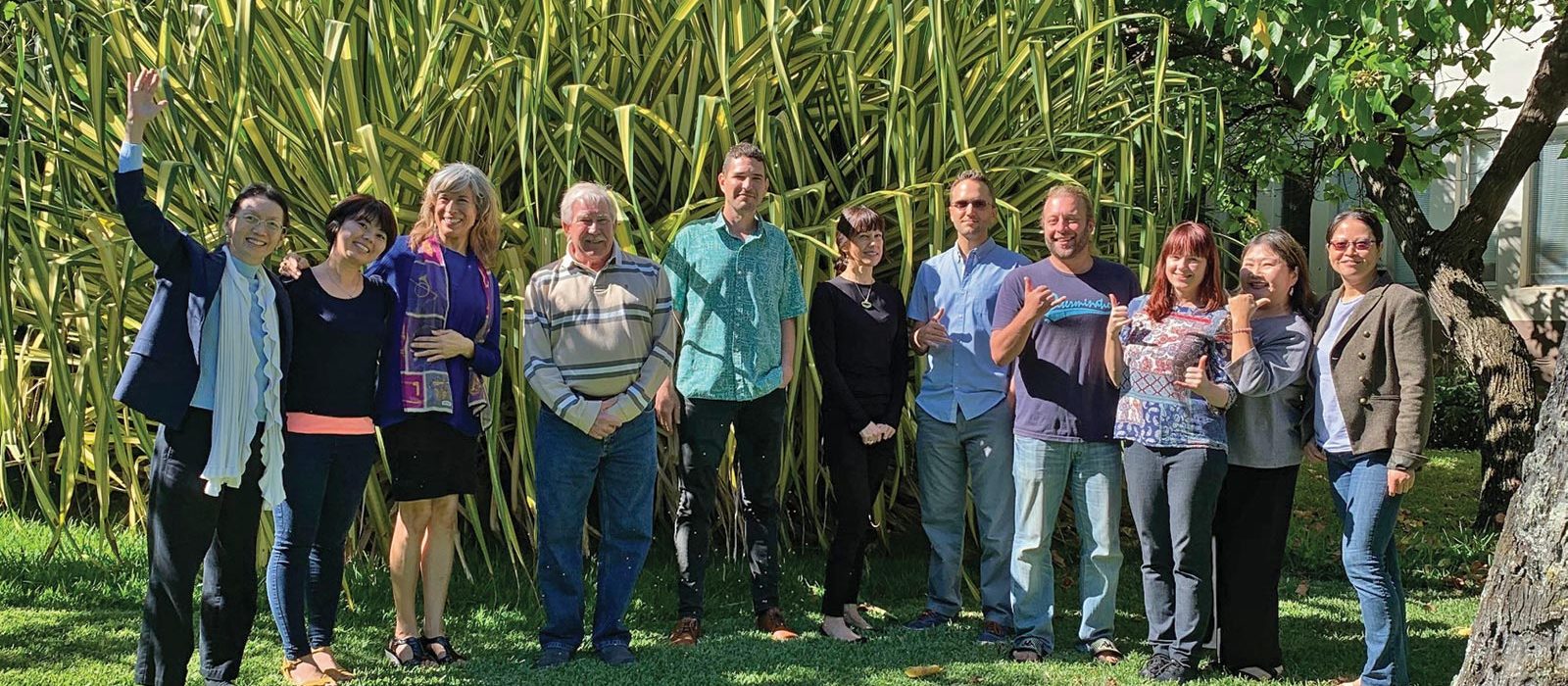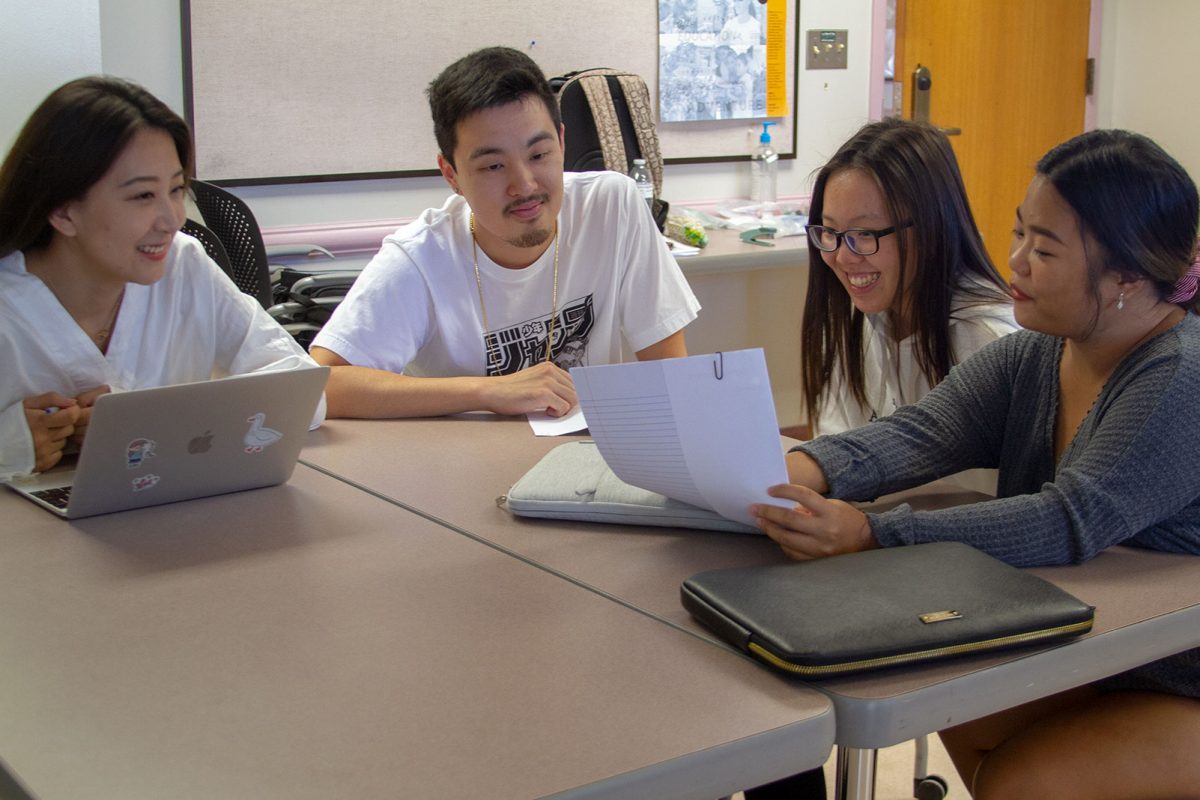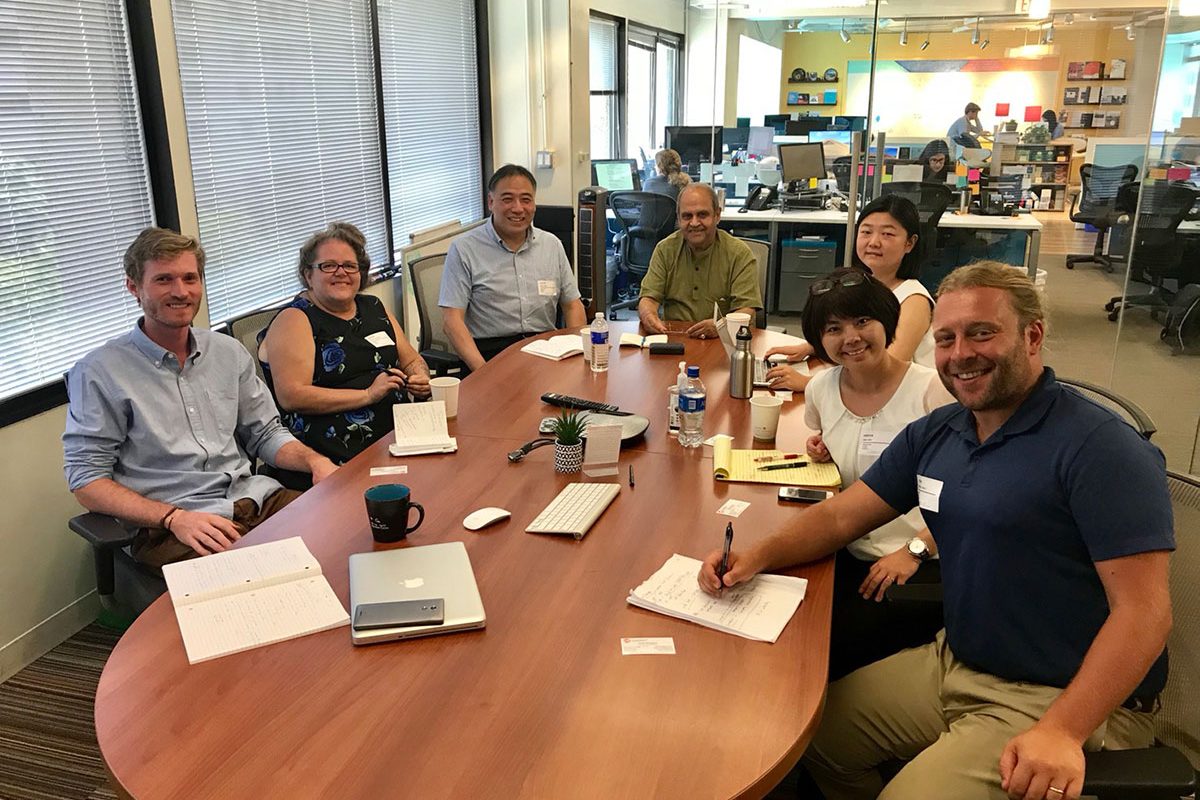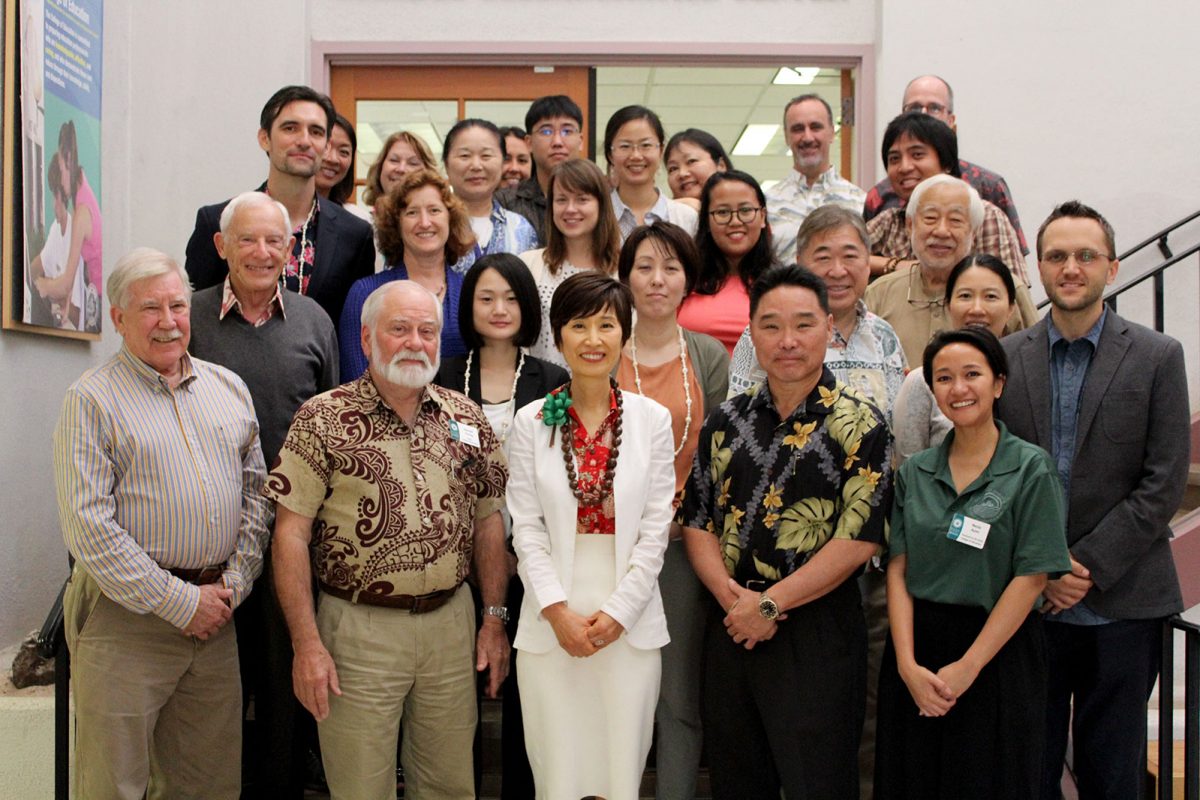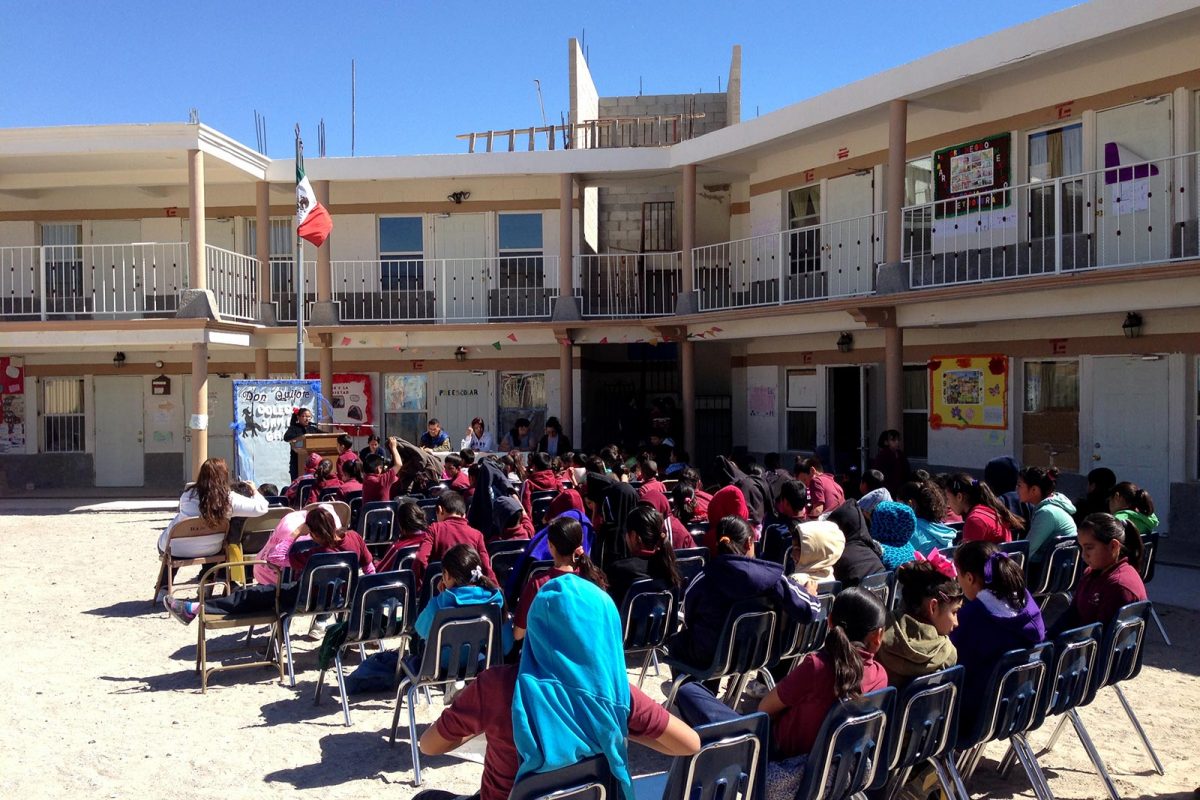Contributing to a Just, Diverse & Democratic Society
The Department of Educational Foundations is committed to the professional and personal intellectual growth of educators and laypersons who wish to broaden and deepen their understanding of educational problems, questions, issues, and controversies. The department aims to create in educational professionals an understanding of the socio-cultural, historical, international, philosophical, and political contexts of education so that they can make informed and wise decisions about educational problems and policy issues in order to better contribute to a just, diverse, democratic society.
We value and affirm multiple perspectives, multiple voices, and collaboration in a program that is committed to engaging and deepening the prospect of democratic education. We seek to move our students toward greater appreciation of complexity, clarity, and compassion through our curriculum.
Our Areas of Emphasis
The Department of Educational Foundations is a community of faculty and students engaged in the interdisciplinary study of educational theory and practice. The following are the Department’s four areas of emphasis.
- History of Education
- Philosophy of Education
- Social, Cultural, and Political Foundations
- Global, International, and Comparative Education
Related areas of study include education policy studies, educational leadership, critical pedagogy, multicultural education, cultural studies in education, ethnic studies, and the politics of education.

Our Graduates
Graduates with the MEd degree are expected to be able to analyze alternatives in educational thought, policy and practice related to the social and ethical problems faced by schools and other educational agencies at the state, national and international levels. Graduates with the PhD are expected to exert professional expertise in the field of education and deal with those aspects and problems in society that need to be taken into account in advancing educational thought, policy development and practice, especially where these concern the social role of the school and other educational agencies.

